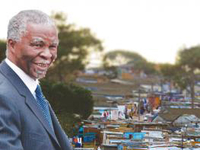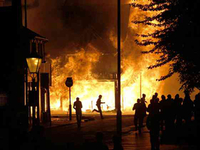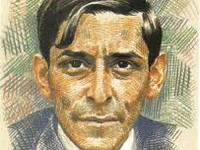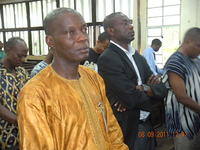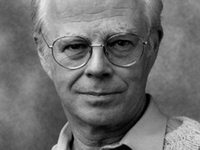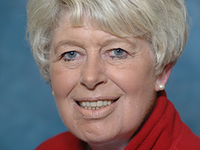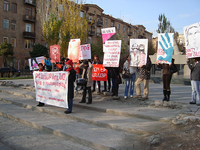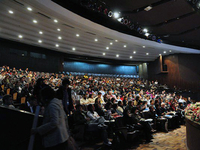GD 2.1 - September 2011
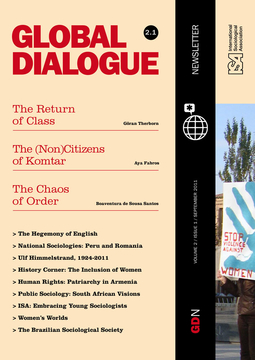
Global Dialogue is available in multiple languages!
Select the language to download the issue.
Editors:
Michael Burawoy.
Assistant Editors:
Lola Busuttil, August Bagà.
Associate Editor:
Margaret Abraham, Tina Uys, Raquel Sosa, Jennifer Platt, Robert Van Krieken.
Media Consultant:
Annie Lin, José Reguera.
Consulting Editors:
Izabela Barlinska, Louis Chauvel, Dilek Cindoglu, Tom Dwyer, Jan Fritz, Sari Hanafi , Jaime Jiménez, Habibul Khondker, Simon Mapadimeng, Ishwar Modi, Nikita Pokrovsky, Emma Porio, Yoshimichi Sato, Vineeta Sinha, Benjamin Tejerina, Chin-Chun Yi, Elena Zdravomyslova.
REGIONAL EDITORS
Arab World: Sari Hanafi and Mounir Saidani.
Brazil: Gustavo Taniguti, Juliana Tonche, Pedro Mancini, Fabio Silva Tsunoda, Dmitri Cerboncini Fernandes, Andreza Galli, Renata Barreto Pretulan.
India: Ishwar Modi, Rajiv Gupta, Rashmi Jain, Uday Singh.
Japan: Kazuhisa Nishihara, Mari Shiba, Yoshiya Shiotani, Kousuke Himeno, Tomohiro Takami, Nanako Hayami, Yutaka Iwadate, Kazuhiro Ikeda, Yu Fukuda.
Spain: Gisela Redondo.
Taiwan: Jing-Mao Ho.
Iran: Reyhaneh Javadi, Saghar Bozorgi, Shahrad Shahvand, Faezeh Esmaeili, Jalal Karimian, Najmeh Taheri.
Russia: Elena Zdravomyslova, Elena Nikoforova, Asja Voronkova.
GD 2.1 - September 2011
Editorial
As I write the Libyan order has collapsed and all thoughts are turned to what will come next, not just in Libya, but across Arab lands. Turbulence has assumed global dimensions and so in this issue Göran Therborn diagnoses inequality on a global scale, and postulates the return of class politics; Boaventura de Sousa Santos analyzes the insurgencies in Europe, especially in England; while Aya Fabros paints a picture of Asian migrants forging their own communities in Malaysia. Gohar Shahnazaryan distills the challenges of postSoviet reconstruction through the struggles of women in the war-torn region of the South Caucasus. If there is a common thread it is dispossession, the rallying call of the ‘indignados’.
Global Dialogue continues the debate about global sociology with Renato Ortiz examining the effects of the hegemony of English while Ari Sitas and Sarah Mosoetsa present their charter for South Africa’s social sciences and humanities. Nicolás Lynch from Peru and Marian Preda and Liviu Chelcea from Romania describe sociologies as battling against the legacies of oppressive regimes.
On the organizational front, Jennifer Platt recounts the history of the progressive inclusion of women into the ISA. Elisa Reis and Ann Denis report on two vibrant conferences: the Brazilian Sociological Society and the Women’s World, while Emma Porio reports on early career sociologists. We also pay tribute to one of the great leaders of the ISA, Ulf Himmelstrand.
In the beginning, we imagined Global Dialogue as a modest newsletter, but it has become a sociological eye on pressing issues in our discipline and beyond. It appears in 11 languages, the extraordinary feat of our managing editors and teams of translators strung across the planet. Digital technology makes possible today what was unimaginable yesterday, such as the transcontinental interviews with the ISA Executive Committee. Take a look at http://www.isa-sociology.org/journeys-through-sociology/.
Michael Burawoy, editor of Global Dialogue
Global Dialogue can be found in multiple languages.
Submissions should be sent to globaldialogue@isa-sociology.org.

